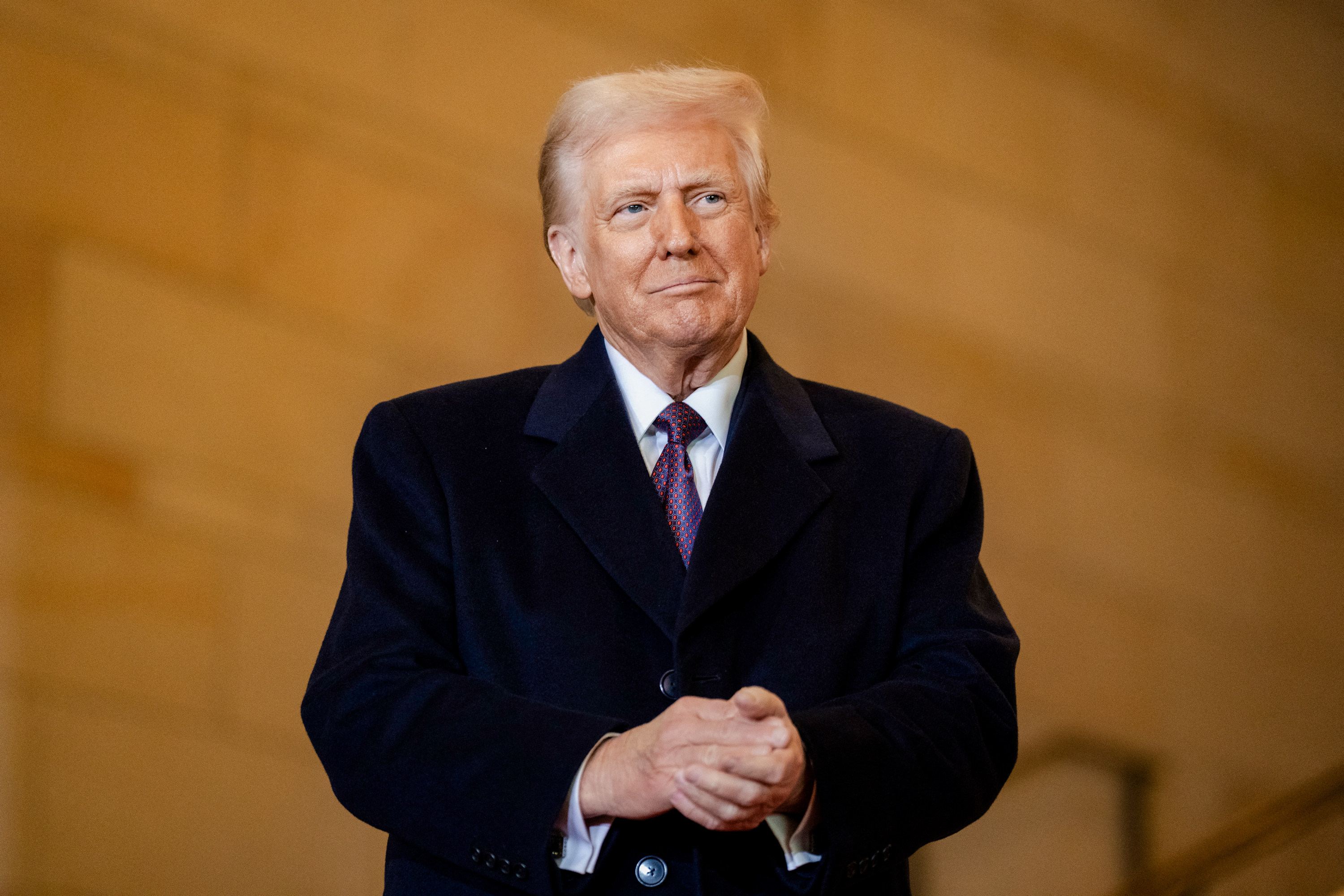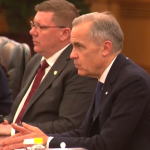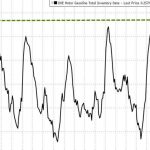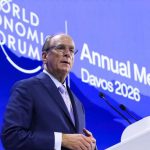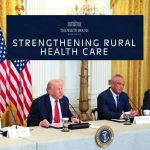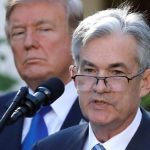Adriana Kugler did not cite a reason but said she would return to her teaching position at Georgetown University in the fall.
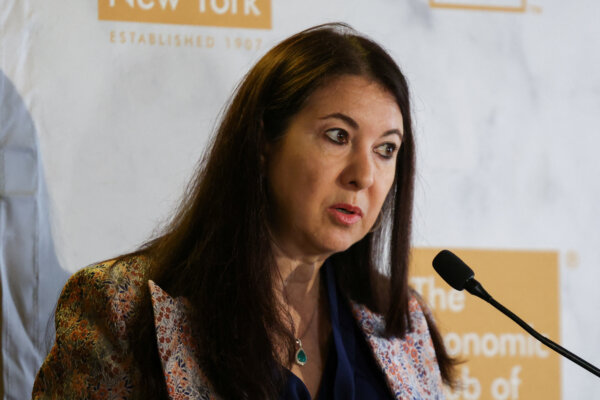 The Federal Reserve has announced that Fed Governor Adriana Kugler is resigning early from her term and will exit the central bank on Aug. 8, creating a vacancy on the central bank’s 12-member interest rate setting committee that President Donald Trump will have an opportunity to fill.
The Federal Reserve has announced that Fed Governor Adriana Kugler is resigning early from her term and will exit the central bank on Aug. 8, creating a vacancy on the central bank’s 12-member interest rate setting committee that President Donald Trump will have an opportunity to fill.
Kugler, an appointee of President Joe Biden whose term was set to expire in January 2026, announced her departure in an Aug. 1
letter to Trump, saying she would return to her teaching post at Georgetown University this fall. She did not give a reason for her resignation.
“It has been an honor of a lifetime to serve on the Board of Governors of the Federal Reserve System,” Kugler wrote. “I am especially honored to have served during a critical time in achieving our dual mandate of bringing down prices and keeping a strong and resilient labor market.”
Kugler joined the Board of Governors in September 2023 to complete the unexpired term of Lael Brainard, who left to serve as an economic adviser to Biden. As a governor, Kugler was a permanent voter on the Federal Open Market Committee (FOMC),
which sets the benchmark U.S. interest rate that affects borrowing costs for individuals and businesses.
Her exit comes after the Fed
voted this week to keep interest rates unchanged, a decision opposed by two Trump appointees, Christopher Waller and Michelle Bowman, who
argued for a quarter-point rate cut. Kugler did not participate in the vote. In recent months, she had voiced support for holding rates steady until the effects of Trump’s new tariffs on inflation became clearer—a stance generally viewed as hawkish.
In a mid‑July
speech at a housing symposium in Washington, Kugler said she expected interest rates to remain unchanged “for some time” as the impact of the tariffs feeds through into consumer prices. She said that with a stable job market, low unemployment, and inflation still above the Fed’s 2 percent goal, maintaining a restrictive policy stance was essential to anchor longer-run inflation expectations.
By contrast, Bowman and Waller highlighted in recent statements explaining their respective dissents during the Fed’s most recent rate-setting meeting that there was evidence of labor market cooling, and unless the FOMC lowers rates, the labor market could be damaged, forcing the central bank into emergency rate cuts.
“When labor markets turn, they often turn fast,” Waller
said, adding that waiting for clarity on tariffs before lowering rates could leave the Fed “behind the curve.”
Bowman said in her
statement that “a delay in taking action could result in a deterioration in the labor market and a further slowing in economic growth.”
Trump, who has repeatedly called for the Fed to lower rates to boost the economy and lower government debt-servicing costs, praised the two dissenters and urged other FOMC members to adopt their viewpoint on rate cuts.
Before joining the Fed, Kugler
served as U.S. executive director at the World Bank and was a professor of public policy and economics at Georgetown, where she also served as vice provost for faculty. She earlier worked as chief economist at the U.S. Department of Labor and held research and advisory posts with the National Bureau of Economic Research, Stanford University, and the National Academies of Sciences. She holds degrees from McGill University and the University of California, Berkeley.
The FOMC, created under the Federal Reserve Act of 1913, guides U.S. monetary policy through open market operations and influences the federal funds rate, which affects borrowing costs across the economy. It consists of the seven Fed governors, the president of the New York Fed, and four rotating regional bank presidents. The Fed chair, currently Jerome Powell, serves as chair of both the Board of Governors and the FOMC and leads the panel’s policy deliberations.
In recent weeks, Powell has come under criticism from Trump, who has accused the Fed chief of being “too late” to cut interest rates.
Powell has defended the Fed’s cautious approach, saying interest rates will eventually come down, but cutting too soon could jeopardize progress on inflation and undermine the central bank’s credibility as an independent institution tasked with achieving maximum employment and stable prices near its 2 percent target.
In a statement responding to Kugler’s announcement, Powell thanked her for her contributions.
“I appreciate Dr. Kugler’s service on the Board and wish her very well in her future endeavors,” Powell said in a
statement. “She brought impressive experience and academic insights to her work on the Board.”
At its most recent July 29–30 meeting, the FOMC held the benchmark interest rate steady in the current range of 4.25–4.5 percent. Markets widely expect the committee to cut rates by 25 basis points at the next September meeting, with the odds of a quarter-point cut surging after Friday’s jobs report showed lackluster payroll gains.
![]() The Federal Reserve has announced that Fed Governor Adriana Kugler is resigning early from her term and will exit the central bank on Aug. 8, creating a vacancy on the central bank’s 12-member interest rate setting committee that President Donald Trump will have an opportunity to fill.
The Federal Reserve has announced that Fed Governor Adriana Kugler is resigning early from her term and will exit the central bank on Aug. 8, creating a vacancy on the central bank’s 12-member interest rate setting committee that President Donald Trump will have an opportunity to fill.

